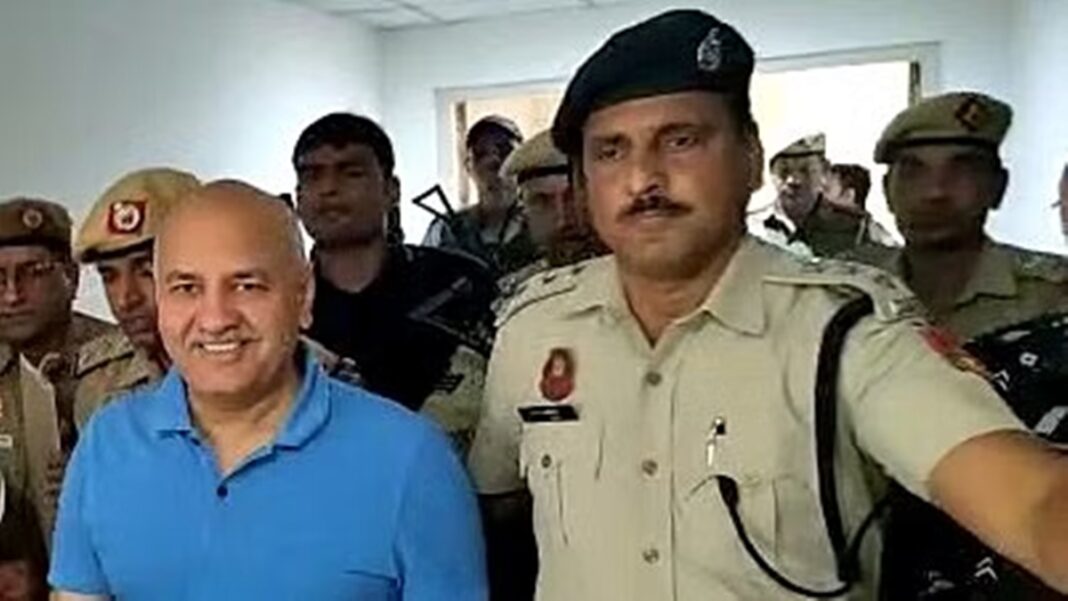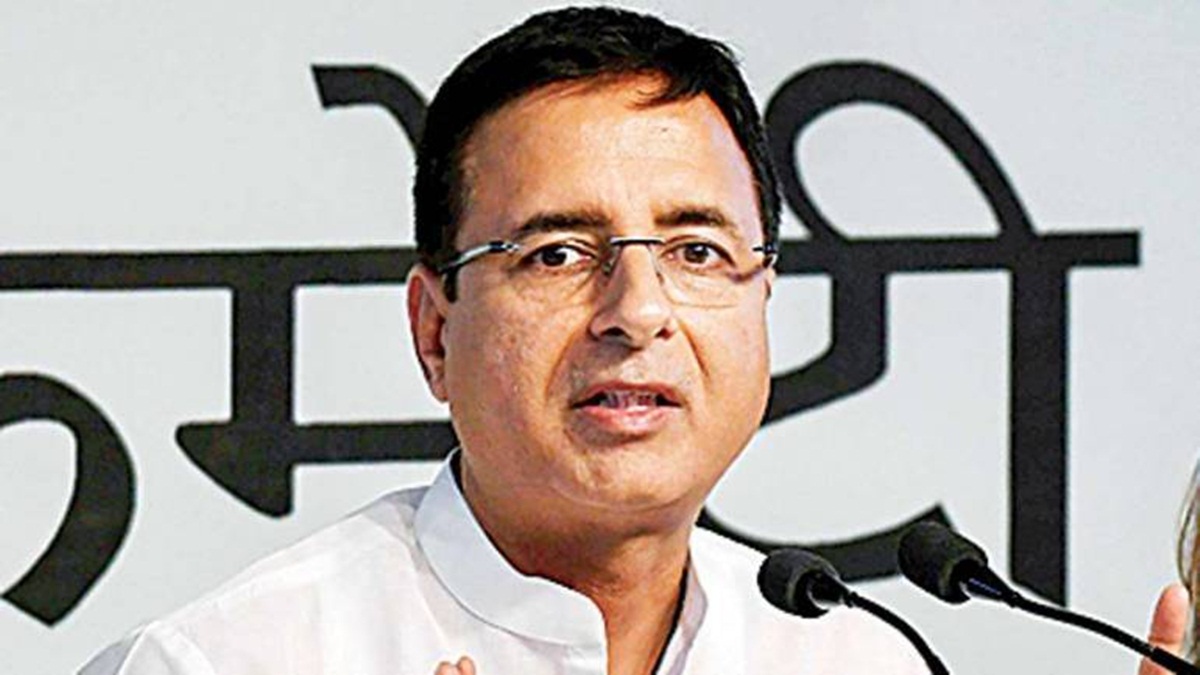In a significant development in the Delhi Liquor Policy scam case, the Supreme Court on Wednesday granted relief to Aam Aadmi Party (AAP) leader and former Delhi Deputy Chief Minister, Manish Sisodia, by easing his bail conditions. The court has removed the requirement for Sisodia to report to the Investigating Officer semi-weekly, a condition that had been imposed when he was granted bail in August.
A bench led by Justice B.R. Gavai ruled that the condition requiring Sisodia to report to the Investigating Officer every Monday and Thursday between 10 a.m. and 11 a.m. was no longer necessary. The bench ordered the deletion of this bail condition, while also directing that Sisodia must continue to attend the trial court regularly.
“We do not find the said condition is necessary and the same is therefore deleted. However, it is directed that the applicant (Sisodia) shall regularly attend the trial court,” Justice Gavai stated, offering relief to the senior AAP leader.
The decision came after Sisodia’s legal team, represented by senior advocate Abhishek Manu Singhvi, approached the court to relax this bail condition. The plea was taken up by the Bench, which also included Justice K.V. Viswanathan.
In August, the Supreme Court had granted bail to Sisodia, who was arrested in connection with the alleged excise policy scam. The court had emphasized that he could not be kept in detention indefinitely while the trial, which involves hundreds of witnesses and voluminous documents, continues at a slow pace.
The bench noted that the trial had not yet commenced, with over 493 witnesses and thousands of pages of documents involved, making it evident that the case would not conclude in the near future. In its ruling, the court had observed that Sisodia’s prolonged detention, which had lasted for around 17 months without the start of the trial, violated his right to a speedy trial under Article 21 of the Constitution.
The Supreme Court’s decision to ease Sisodia’s bail conditions is seen as a step toward ensuring his fundamental right to liberty while allowing the legal process to unfold. Despite this change, Sisodia remains bound by other trial obligations, including his attendance in court as proceedings continue.






